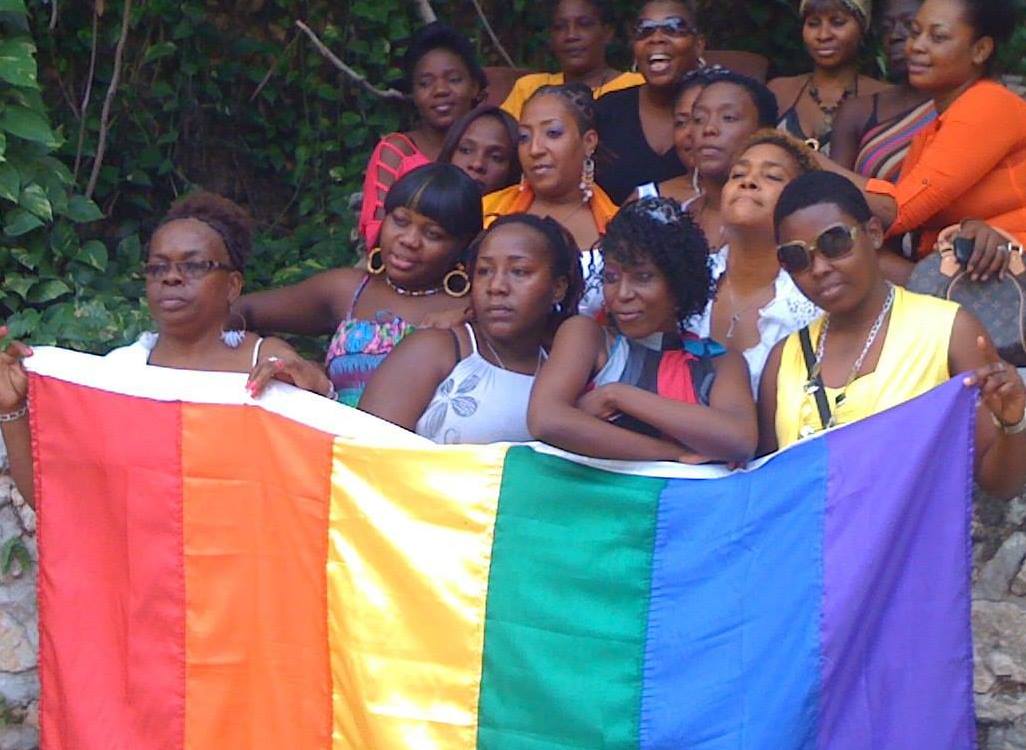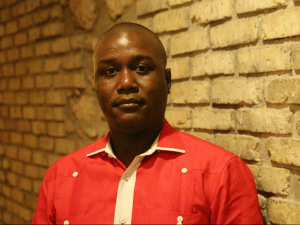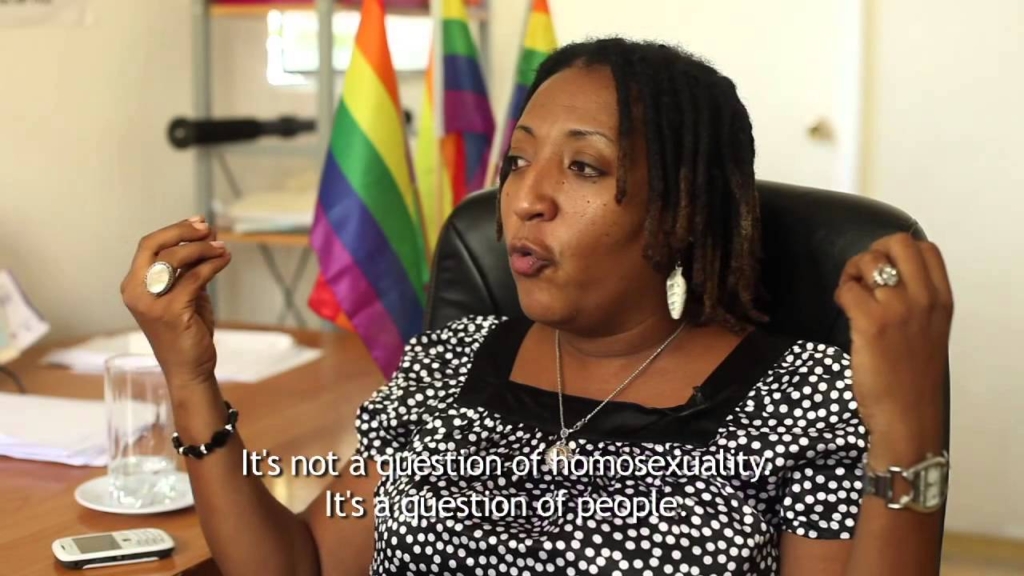Haiti commentary: The LGBT+ movement becomes a business for pushy cisgender men
Moïse Manoël-Florisse, is an African-Caribbean online journalist keeping an eye…
Guest opinion from a Haitian activist
Edmide, an activist in the Haitian advocacy group for LBT women, “Femme en Action Contre la Stigmatisation et La Discrimination Sexuelle” (FACSDIS – Women in Action Against Sexual Stigma and Discrimination) writes openly about the misogynistic evolution of the Haitian LGBT+ movement, which she says has become more of a business than a space of struggle to advance the community.

By Edmide

When FACSDIS was founded in 2010, the Sérovie Foundation was the only non-governmental organization in Haiti dealing with LGBT+ people’s daily concerns. We were recovering from the 2010 earthquake, and the challenges for the country were immense and still are, more than ever.
Since then, a multitude of LGBT+ organizations have sprung up across the country. At first it seemed to make sense, because after the January 2010 earthquake, LGBT+ people were blamed for the tragedy and discrimination was rife.
Thus, Kouraj emerged in 2011 with Charlot Jeudy, as well as other organizations located in the provinces that created a complementary network. I am thinking in particular of Gran Lakou Fòlklorik in Jacmel or organizations located in Cayes or Saint-Marc, for example.
However, since the death of Charlot Jeudy, I have observed that LGBT+ organizations are founded on opportunism, with the help of poverty. There are perhaps as many as thirty of them in the country now, without any substantial improvements for the communities, while the “historical” organizations that already exist would benefit from being strengthened.
Unfortunately, we are witnessing a fragmentation of the LGBT+ fabric, which is to the detriment of women, because most often these new organizations are led by gay cisgender men, and their demands, if any, do not include us. We women feel like the fifth wheel and the eternal poor relation of the LGBT+ community.
What worries me the most behind these fake human rights defenders is that we are witnessing at the same time a real collapse of the LGBT+ advocacy activity in Haiti, and it feels like we are witnessing a real regression as if we were going back more than ten years.
Today, almost all the advocacy activity is related to health issues in connection with HIV, while the issues of gender-based violence against women remain orphaned and no longer prioritized. This is astounding to me.

In retrospect, the departure of Marjorie Lafontant [former executive director of FACSDIS] to the United States and the assassination of Charlot Jeudy were very detrimental to us. Before, there was more communication with journalists, and our country was more involved in international LGBT+ activities.
Today, advocacy activity in Haiti is minimal, and there is no ambition to address violence against women on a national scale. There is a “safehouse” in the Port-au-Prince area to take care of battered women, but there is still a lot of work to be done.
Often, after several weeks, these women are forced to return to the neighborhoods they fled, amidst the misery and gang violence. Yet, the first freedom should be security.




